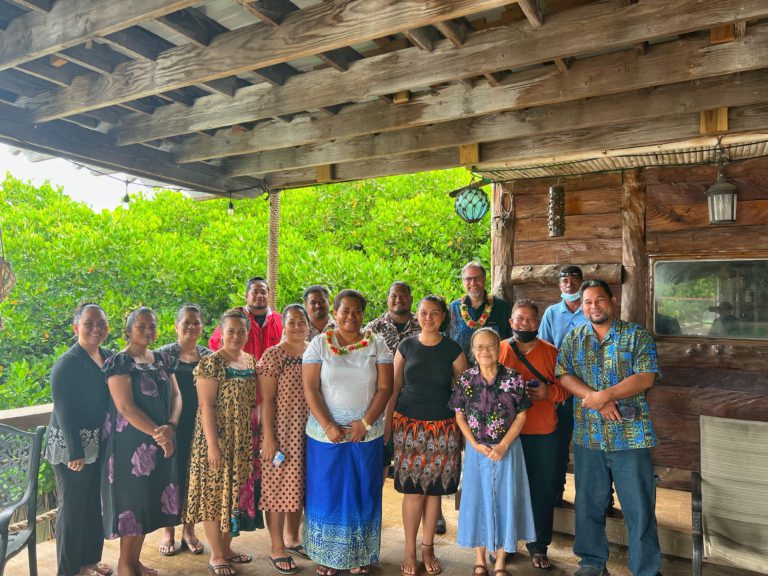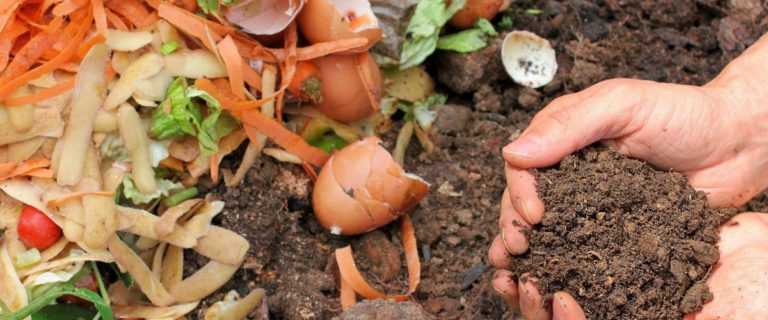Country Project
Federated States of Micronesia
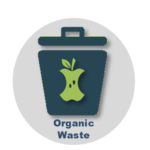
Improving Organic Waste Management in Chuuk and Yap
Improving Organic Waste Management in Chuuk and Yap
The Federated States of Micronesia (FSM) country project is designed to divert organic wastes from landfill in Chuuk and Yap by introducing composting programmes for communities currently without garbage collection services. The project will facilitate consultation with relevant stakeholders and local communities to identify and implement suitable organic processing programmes.
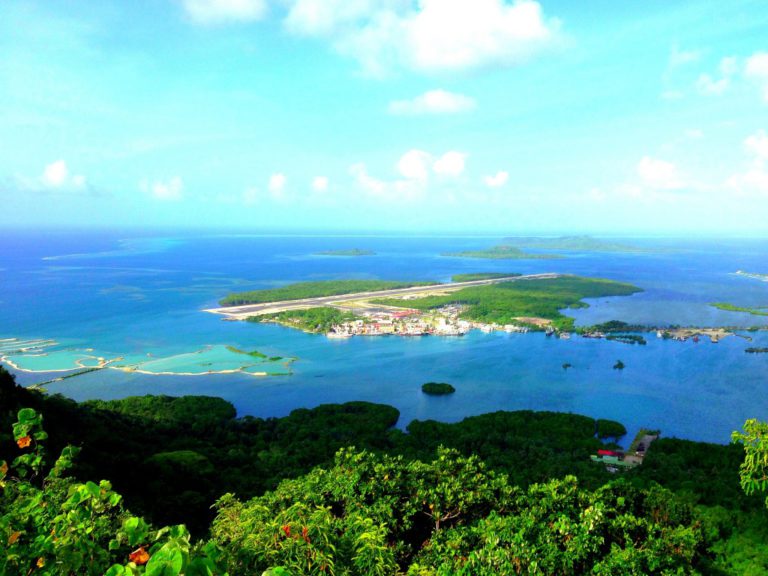
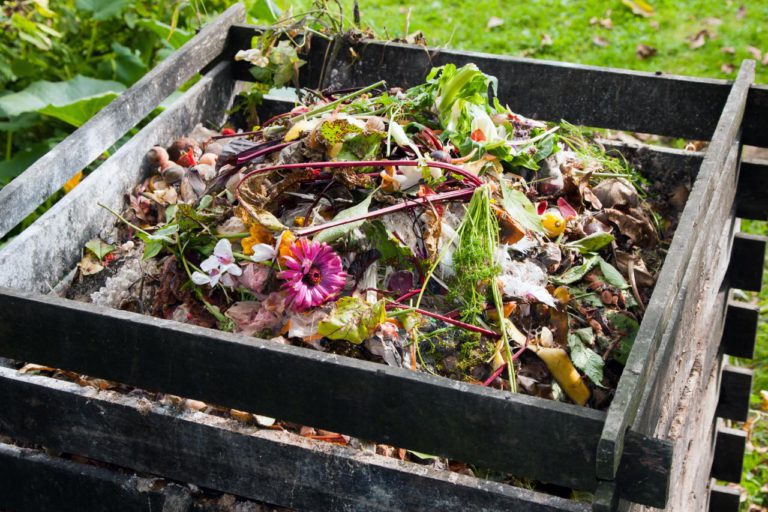
Project Description
Current Situation
64% of the FSM’s waste to landfill is organic material. Organics dumped in landfills generate leachate and methane gas, impacting the environment. Whilst organic materials composted and placed back on soils assist with moisture retention, organic growth, and is, therefore, a valuable input into agricultural pursuits.
What is the FSM Project About?
Introduction of composting programmes in Chuuk and Yap to accept and process all organic waste generated in local communities through the following:
- Undertake a feasibility study to design a suitable composting programme
- Implementation of composting programmes for targeted communities to support agricultural activities.
- Construction of a composting facility in Chuuk to process all organic waste collected
- Establishment of a partnership with the Ministry of Agriculture, Women’s Council, and local institutions to ensure the sustainability of the composting programme.
Future Situation
All organic wastes generated are diverted to organic waste processing systems, thereby eliminating land and water contamination from dumping, landfilling, and burning. The compost is then used back on land to improve crops and retain quality soils.
Latest news & updates
Browse through all the news & updates related to this project
Project resources
Browse through all the resources published from this project.
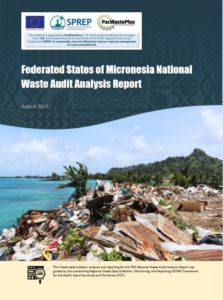
Research Report
Federated States of Micronesia National Waste Audit Analysis Report
This Waste data collation, analysis and reporting for the Federated States of Micronesia National Waste Audit Analysis Report was guided by the overarching Regional Waste Data Collection, Monitoring, and Reporting (DCMR) Framework for the Pacific Island Countries and Territories (PICT).
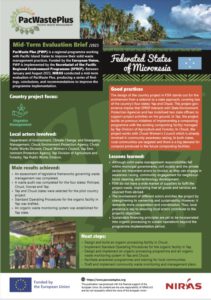
General
Mid-Term Evaluation PacWaste Plus Programme – Federated States of Micronesia Project Evaluation Brief
The Pacific – European Union Waste Management (PacWaste Plus) Programme has completed an external Mid-Term Evaluation. The evaluators from NIRAS International Consulting have produced a suite of products highlighting the Mid-Term Evaluation findings. This country brief highlights the mid-term review findings for the FSM PacWaste Plus project.
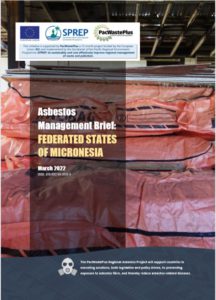
Factsheet
Asbestos Management Brief: FSM
The PacWastePlus Regional Asbestos Project will support countries in executing solutions, both legislative and policy-driven, to prevent exposure to asbestos fibre, and thereby reduce asbestos-related diseases. This document provides guidance for FSM to progress work on the development and implementation of a National ACM ban with this resource providing background information, identifying policy and legislative options available.
Frequently Asked Questions
-
- By 2023, have created an effective sustainable partnership between industry, government, market vendors, and urban communities to effectively divert all organic wastes from landfill to a suitable organic waste processing system.
- By 2023, have established a suitable organic waste processing system at the public landfill to accept and process all organic wastes produced at the produce markets and urban communities within Weno and Colonia.
- By 2023, have all roadside market vendors and urban communities effectively participating in the organic waste management project.
-
- 64% of waste stream are made up of organic materials
- Organics are currently landfilled, taking up critical landfill space.
- Organics generate leachate and methane gas, impacting on the environment.
- No waste segregation practiced in targeted communities
-
- All organic waste generated are diverted to organic waste processing systems, thereby eliminating land and water contamination from dumping, landfilling and burning.
- All urban communities and roadside markets support the organic waste processing system by diverting 100% of waste materials to this facility.
- Improved soil quality (through use of processed organics) increases yield of crops for farmers, producing for both subsistence and commercial.



